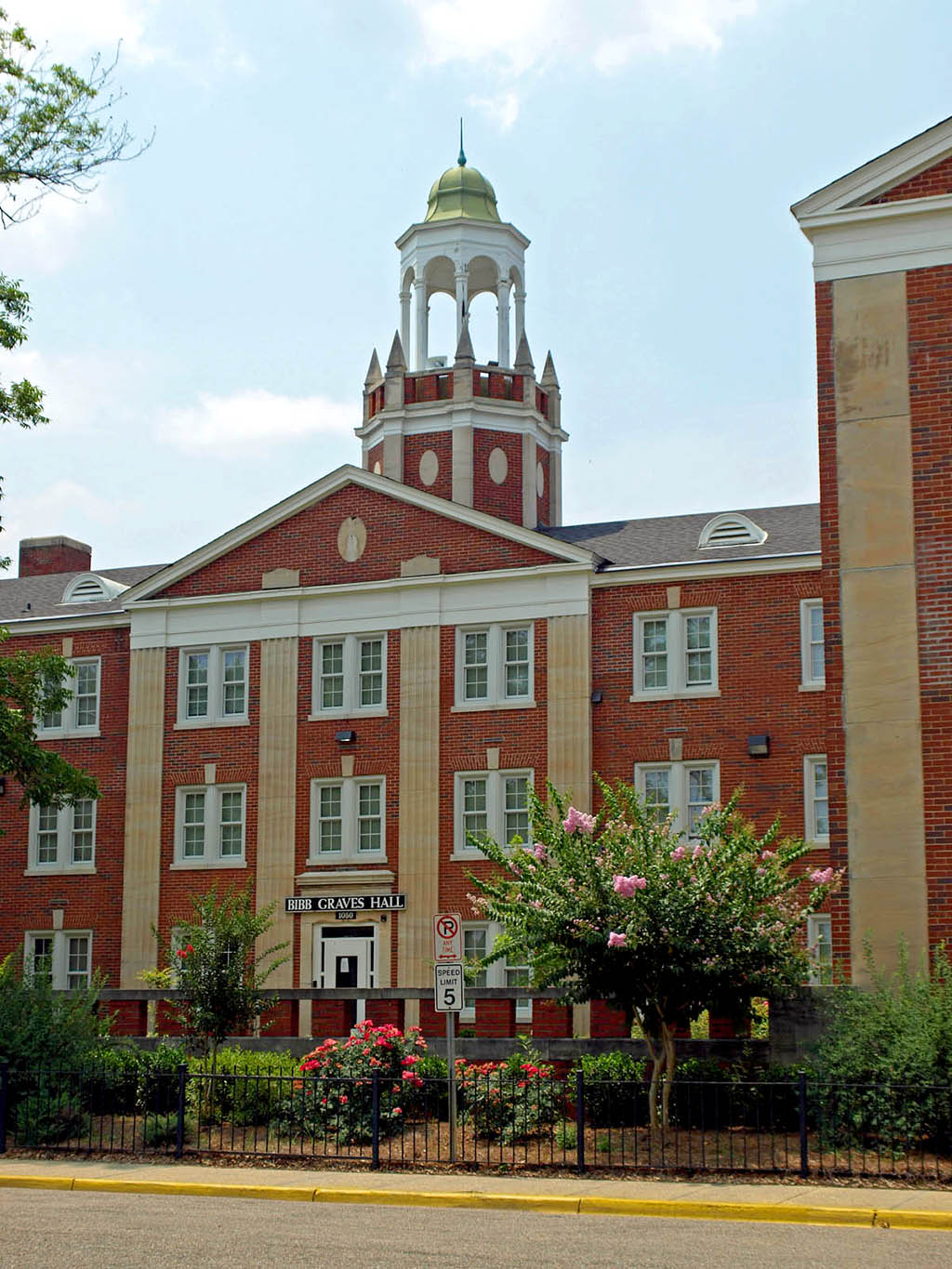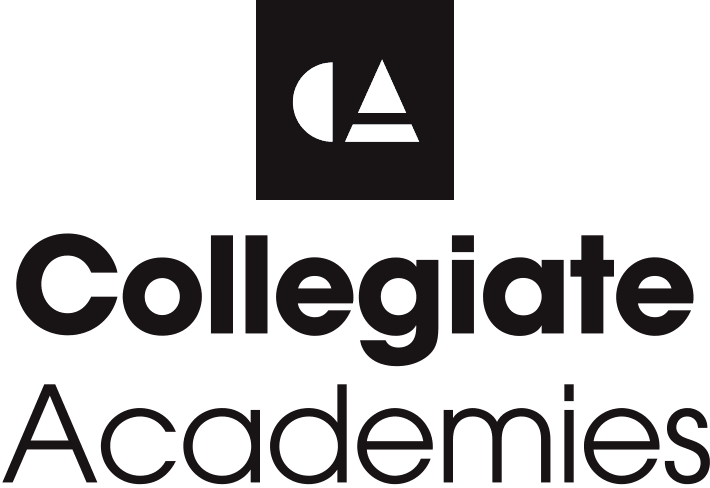Why Pursue a
Communications Degree at Alabama State University?
-
One of a kind:
Alabama State is the only HBCU in the South to specialize in recording technology and the recording industry. It features state-of-the-art, high-definition radio and television studios.
-
Follow your passion:
Choose from six different areas of study for your communications degree: Print Journalism, Public Relations, Radio and Television, Communication Studies, Recording Industry and Recording Technology.
-
Opportunities within reach:
We are located in the capital of Alabama, which means you’ll have opportunities to intern at local television and radio stations, newspapers and public relations firms.










